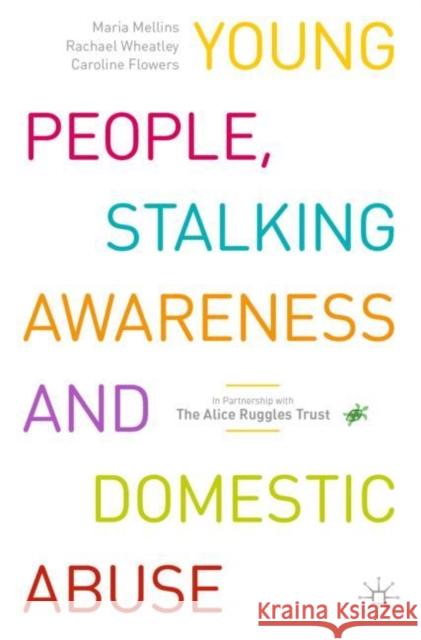Young People, Stalking Awareness and Domestic Abuse » książka
topmenu
Young People, Stalking Awareness and Domestic Abuse
ISBN-13: 9783031323782 / Angielski / Miękka / 2023 / 321 str.
Kategorie:
Kategorie BISAC:
Wydawca:
Springer International Publishing AG
Język:
Angielski
ISBN-13:
9783031323782
Rok wydania:
2023
Ilość stron:
321
Wymiary:
23.5 x 15.5
Oprawa:
Miękka
Dodatkowe informacje:
Wydanie ilustrowane











